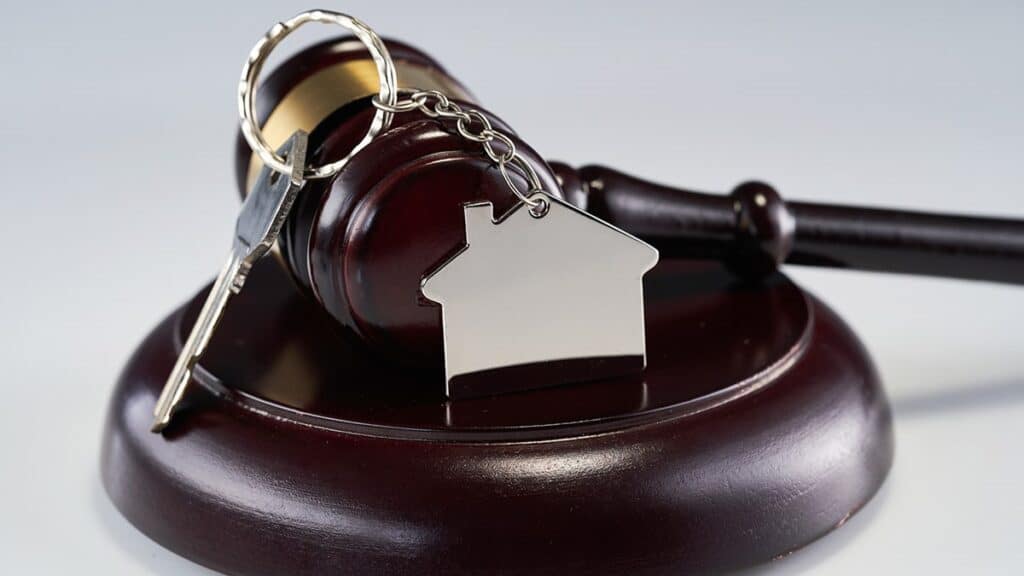

In 2024, Ukraine submitted 4 property confiscation requests to foreign authorities. One of these was the HACC’s request to Swiss authorities for the special confiscation of laundered millions in the case of “Yanukovych’s forester.”
The Ministry of Justice announced this in response to a request from Transparency International Ukraine.
In January 2024, the Ministry of Justice submitted a request from the High Anti-Corruption Court to Swiss authorities, seeking the special confiscation of €1.4 million and €1.2 million.
The funds originate from bribes that the convicted ex-director of Listrade LLC, Serhii Oleksiienko, helped “Yanukovych’s forester,” Viktor Sivets (former head of the State Forestry Agency), and his wife, Maryna Zhuravliova, launder in Switzerland.
For the first time in the history of the HACC, a sentence has been sent for execution abroad, and Ukraine has submitted its first-ever request for the special confiscation of criminal assets.
However, this is only the second case of confiscating funds from corruption abroad. Ukraine’s first such case occurred in 1998, when the Mykolaiv Regional Court convicted Pavlo Kudiukin, the former president of the Black Sea Shipping Company, for embezzling state property on a particularly large scale. That sentence was successfully enforced, and funds held in German bank accounts were returned.
Our research on Ukraine’s experience with asset confiscation abroad emphasized the importance of applying special confiscation to assets hidden by criminals overseas. Unlike confiscation as a form of punishment, special confiscation offers significant advantages. It is a widely recognized international tool for combating cross-border crime, and civilized nations worldwide have committed to implementing such measures through international obligations.
In 2024, along with the request for the execution of the HACC sentence, the Ministry of Justice submitted three additional requests to Moldova, asking for the confiscation of property belonging to convicted Moldovan citizens.
However, according to TI Ukraine, these actions are unlikely to yield a positive result, as the Criminal Code of the Republic of Moldova does not include confiscation as a penalty.
TI Ukraine has already provided recommendations to prevent such situations, but none of them were taken into account throughout the year. Specifically, the Parliament should:
- align the confiscation of property with generally accepted international standards and introduce “extended” confiscation of property in the Criminal Code of Ukraine;
- regulate the process of sending sentences for the confiscation of property abroad for execution by specifying the terms and granting courts separate powers related to international confiscation.
We recommend that executive authorities and prosecutor’s offices:
- initiate the conclusion of new and the improvement of existing bilateral agreements on mutual legal assistance in criminal cases, specifically regarding the confiscation of criminal assets;
- revise approaches to proving the criminal origin of property;
- strengthen the use of asset allocation agreements and the activities of joint investigation teams in this context, while selecting appropriate tools to hold perpetrators criminally accountable;
- provide training for employees of investigative bodies, prosecutor’s offices, and judges. This is equally important for understanding all asset recovery mechanisms and their application in specific cases.
In November 2023, we published research on the involvement of Ukrainian government agencies in the return of criminal assets from abroad. At that time, out of 19 requests for the enforcement of confiscation sentences, only two were executed. No request for special confiscation was submitted, and there was only one confiscation request related to corruption.
This publication was prepared by Transparency International Ukraine with the financial support of Sweden.






